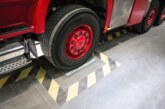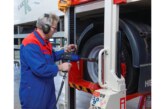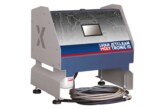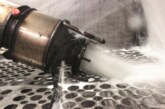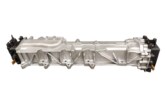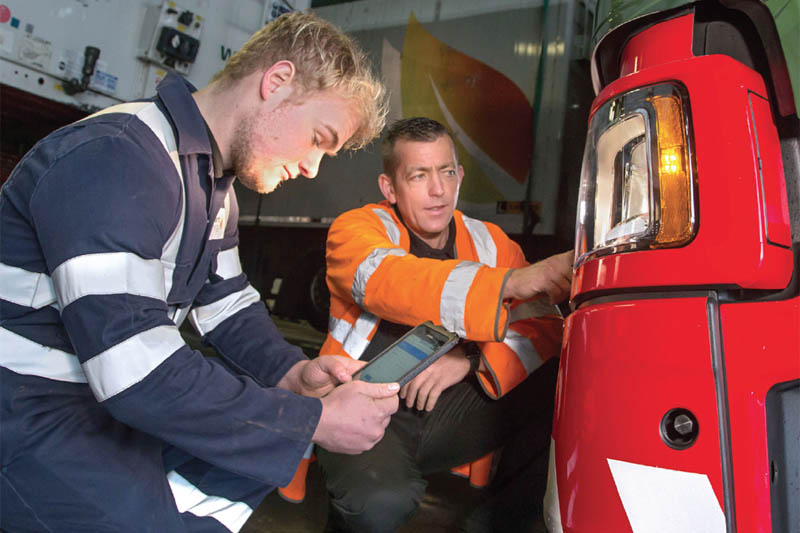
Patrick Tandy, Managing Director of Freeway, discusses the digitisation of the workshop and how it’s set to help with both cost and time efficiencies.
The digitisation of the workshop has picked up pace as companies strive to eliminate paperwork and the pandemic has focused minds further with a demand for easier access to records. The introduction of mobile devices in the workshop is giving a new level of visibility with real-time reports ‘from the shop floor’ and smartphone apps allowing managers to manage remotely.
For workshop managers, safety and compliance are paramount and the driver behind improvements in systems and processes. However, the pandemic has also put a focus on efficiency and costs – and, for many, an opportunity to re-evaluate their businesses.
Going digital in the workshop is transformational and it has given operators insight into the enormous benefits of ‘data’. For years, many have simply accepted the way things are; the labour costs, the part costs, and the parts contract value, and so have often escaped any real scrutiny.
Now things are changing as paper records are replaced with digital records. Records of work done and parts used are no longer lost in a filing cabinet or back room archive. Everything is recorded and added to a ‘case history’ so the real costs of maintaining the fleet can be analysed and questioned.
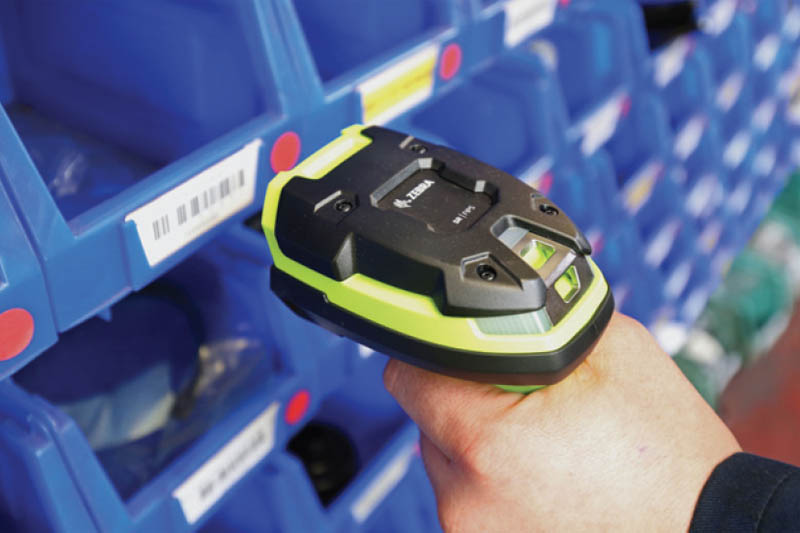
Managing stock and purchasing is a particular challenge for operators, especially for mixed fleets where there may be individual parts running into the thousands. And the switch to alternative fuels is only going to add complexity to the task.
Software supplier Freeway has therefore turned to Artificial Intelligence to help improve things. The software continually learns from historic data to create a more accurate predictive model. This includes identifying recurring trends and anomalies such as fluctuating seasonal demand and likely extra demand for particular vehicles scheduled for servicing.
The system also works out future stock level requirements and then automatically update parts suppliers – automating stock replenishment and helping to eliminate out-of- stock occurrences. At Stobart Energy, the company that transports waste wood to biomass power generation plants, has deployed a mobile system across the company’s nationwide transport network to gather data for the entire fleet. Engineers use rugged tablets in the workshop and local fleet managers record non-critical and critical defects on their smartphones.
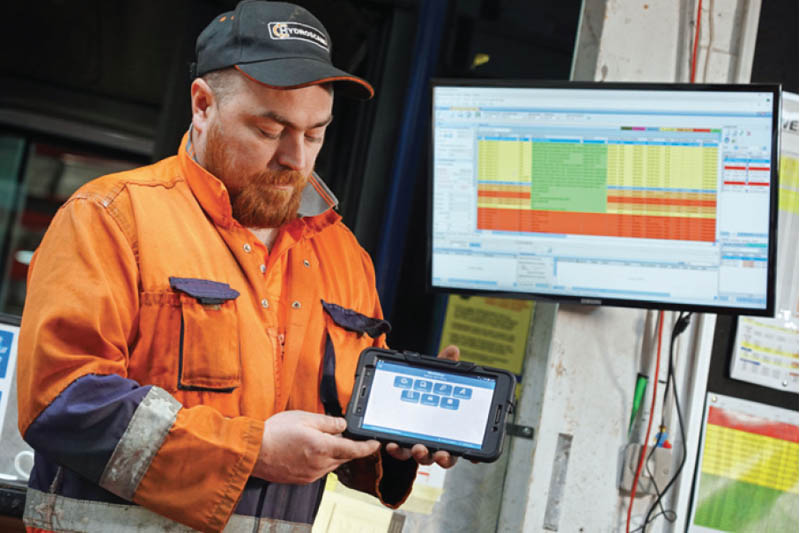
The company is gaining important business benefits through the detailed and up-to-date financial and management information being collected using the software which manages stock, purchasing and financial control. This software provides in-depth componentry information allowing the performance of every asset – from an entire vehicle down to an individual washer – to be assessed.
Stobart Energy can now benchmark prices to ensure consistency of parts costs with quoted prices for parts instantly checked against previous prices and prices quoted across the network from different suppliers.
Meanwhile, bus operator Rotala has successfully rolled out a group-wide purchasing and stock management system connecting four regional bus and coach companies. They all had different systems, processes, and suppliers so by moving all locations onto the same cloud-based Freeway system, it ensures everyone adheres to the same procedures and quality standards.
By reducing parts costs by between 5-10%, Rotala expects to save at least half-a-million pounds a year. The system also collects data on parts used and their performance with instant access to maintenance histories allowing the performance of different vehicles and parts to be scrutinised.

